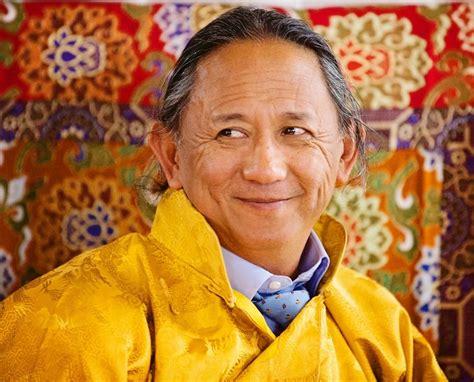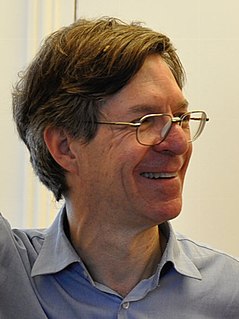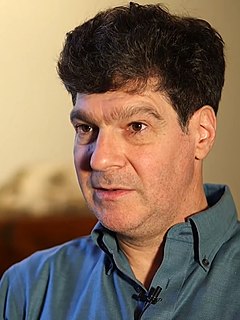A Quote by Neil deGrasse Tyson
Imagine a world in which we are all enlightened by objective truths rather than offended by them.
Related Quotes
Americans live in a free country, which allows you to believe what you want. Because you think that something is true does not require that it is objectively true. The value of science concerning itself with objective truths is that we can make decisions and statements that affect everyone, which is why legislation really should be based on objective truths, not what is going on in your head.
Imagine craving absolutely nothing from the world. Imagine cutting the invisible strings that so painfully bind us: what would that be like? Imagine the freedoms that come from the ability to enjoy things without having to acquire them, own them, possess them. Try to envision a relationship based on acceptance and genuine care rather than expectation. Imagine feeling completely satisfied and content with your life just as it is. Who wouldn't want this? This is the enjoyment of non-attachment.
Fantasy is more than an escape from the truths of the world and the past: it is an open acknowledgment that those truths are complex and morally difficult. It offers a different route to creating something which will resonate with readers, in a way which resists the erasure of privacy and autonomy which pervades our modern world.
Imagine a world in which we saw beyond the lines that divide us, and celebrated our differences, instead of hiding from them. Imagine a world in which we finally recognized that, fundamentally, we are all the same. And imagine if we allowed that new understanding to build relations between people and between nations.
Our decisions need not be seen as resting on procedures that are merely instrumental in making judgments that are reliably truth-tracking. The procedures might be more directly related than that to truths about what is right or good, or about what we ought to do, or to principles that tell us what is true about these matters. And I have no metaphysical theory about the truth-conditions of such truths, except to say that as objective truths, they must be independent of the attitudes, decisions or actions that they are supposed to justify or for which they are to offer reasons.
The Four Noble Truths are pragmatic rather than dogmatic. They suggest a course of action to be followed rather than a set of dogmas to be believed. The four truths are prescriptions for behavior rather than descriptions of reality. The Buddha compares himself to a doctor who offers a course of therapeutic treatment to heal one’s ills. To embark on such a therapy is not designed to bring one any closer to ‘the Truth’ but to enable one’s life to flourish here and now, hopefully leaving a legacy that will continue to have beneficial repercussions after one’s death. (154)
But I'd rather help than watch. I'd rather have a heart than a mind. I'd rather expose too much than too little. I'd rather say hello to strangers than be afraid of them. I would rather know all this about myself than have more money than I need. I'd rather have something to love than a way to impress you.



































